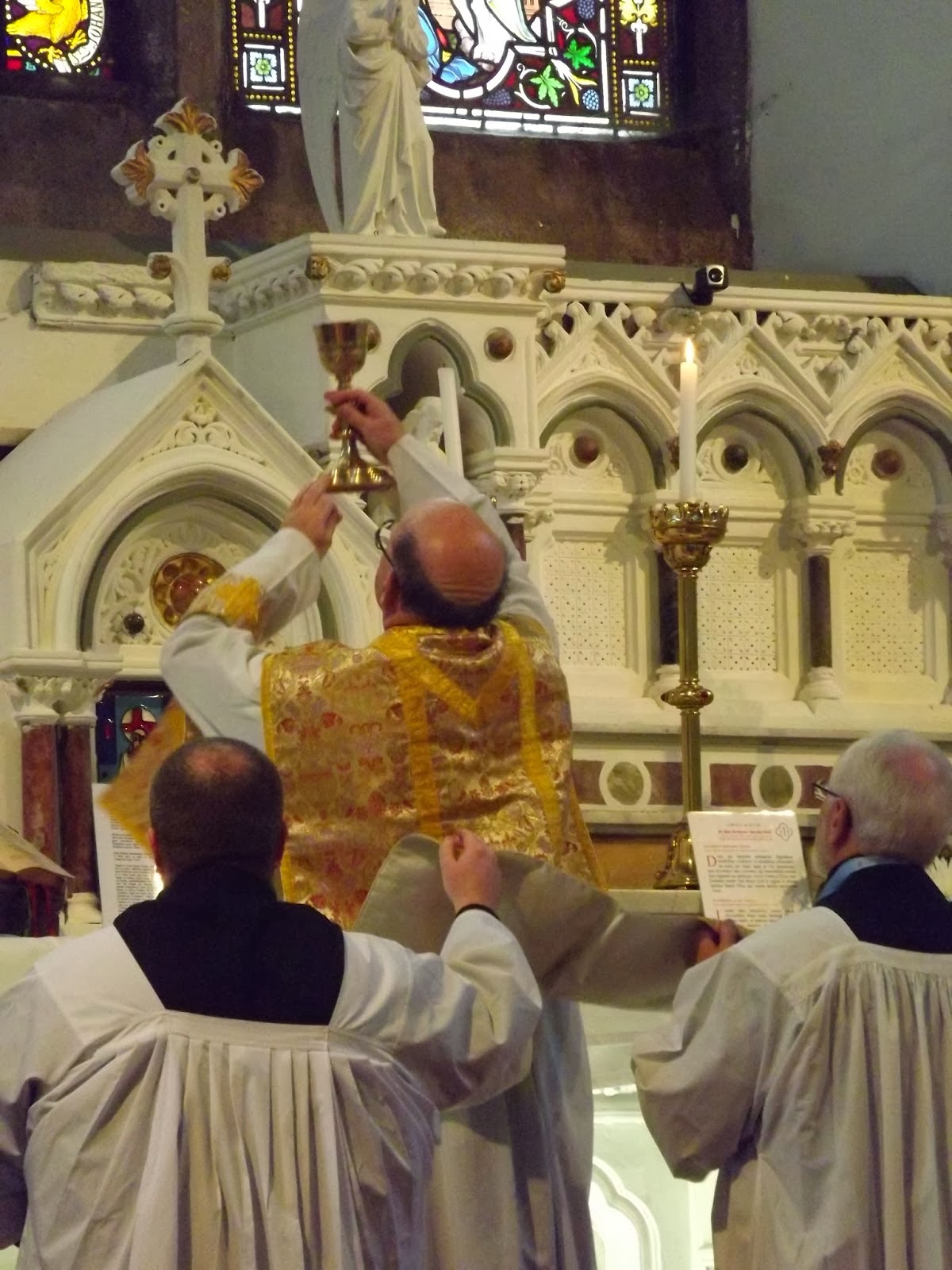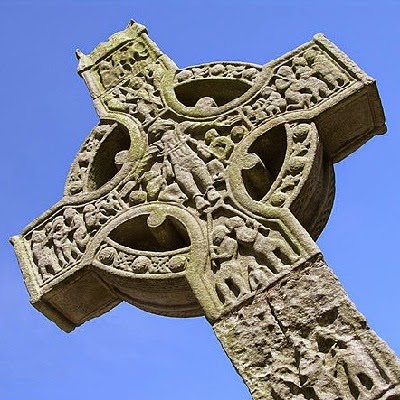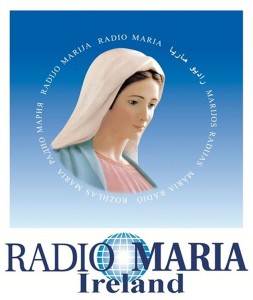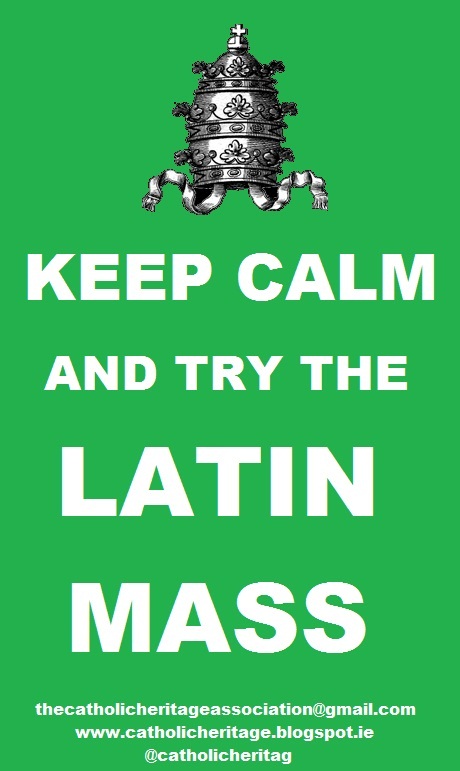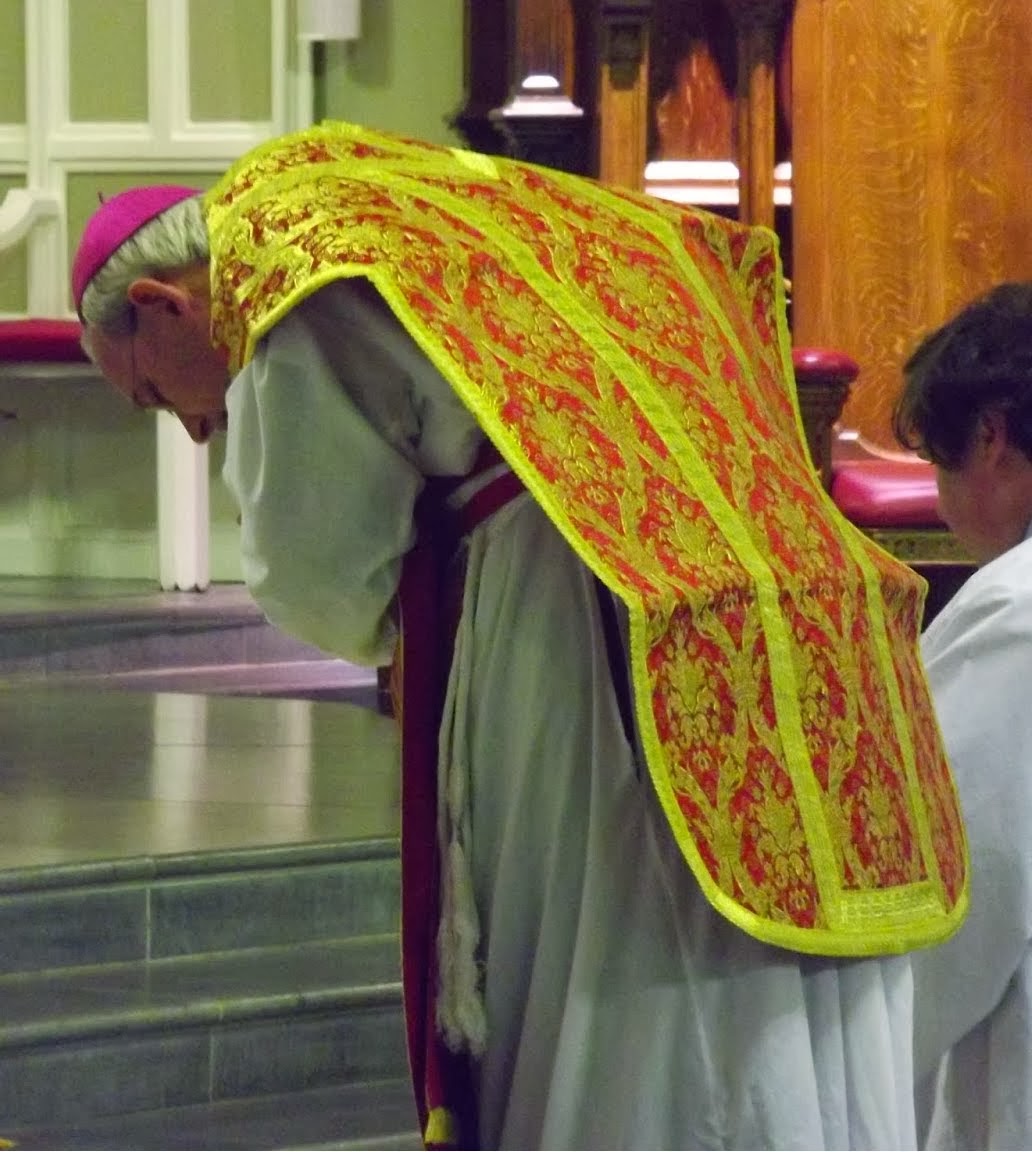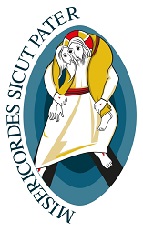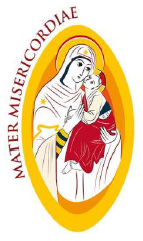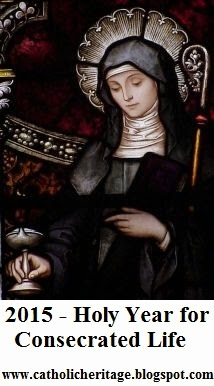From Apostolico Consitutio, the Encyclical Letter of Pope Benedict XIV in Preparation for the Holy Year issued on the 26th day of June, 1749:
13. As everyone knows, several months intervene between the issue at Rome of the Bull proclaiming the year of Jubilee and the actual start of this Holy Year. Continuing the ancient practice of the Church, the holy door is opened on the next vigil of the Birth of the Lord; then the Year of Jubilee begins. We use these intervening months to hold missions in different districts of Rome. We highly recommended their usefulness in Our pastoral Edicts when We were Archbishop of Bologna. These appeared in print and were soon translated into Latin. We impress upon the evangelical labourers in missions to instruct the people in order to explain the Catholic doctrine of indulgences and of the universal Jubilee, rather than in purely academic questions of Apologetic and Moral Theology. The faithful must be fully aware that sin and its eternal punishment are remitted by the Sacrament of Penance if one makes proper use of it; however the entire temporal punishment is very seldom taken away. This must be removed either by satisfactory works in this life or by the fire of Purgatory after death. The holy Council of Trent in session 6, chap. 4, and canon 30 of the same session teaches this under the heading de Justificatione. Inform the Christian people of the unfailing treasury in the Church which was constituted by the immeasurable abundance of the merits of Christ and increased by the merits of His saints. Distribution from this treasury has been entrusted by Christ the Lord to His vicar on earth, the Roman Pontiff; consequently the Pontiff prudently decides when these merits can be applied, either by way of absolution for the living or by way of prayer for the dead, provided that the living have destroyed their sin and its eternal punishment by Penance, and that the dead have departed this life united with God in charity. This distribution of merits is in the form of indulgences. When one obtains one, he is freed from the temporal punishment due to sins to the extent granted and defined by the lawful distributor. This we read in the constitutions of the Supreme Pontiffs and especially in the famous Decretal of Our Predecessor Leo X to Cardinal Tommaso de Vio, otherwise known as Cajetan, when he was serving as Apostolic Legate in Germany. The result is that the practice of indulgences is most beneficial to Christians; hence the evil idea which either denies the benefit of indulgences or deprives the Church of the power of conferring them is to be condemned. This was decided by the Council of Trent, session 25, in the decree on Indulgences. Finally, the Christian people must be advised that the Indulgence of the Jubilee year is a plenary one, but is distinguished from other plenary indulgences also distributed on the occasion of the Jubilee by the fact that in a holy year of Jubilee, confessors designated for this purpose receive a wider power both of absolving from sins and of dispensing from certain bonds and impediments which often ensnare the consciences of penitents.
The Bells of Easter, Part 1: The Golden Bells of the High Priest - Guest
Article by Robert Keim
-
Onec again, we are grateful to Mr Robert Keim for sharing some of his
writing with us, this time in a two part article on the subject of the
liturgical use...
13 hours ago

